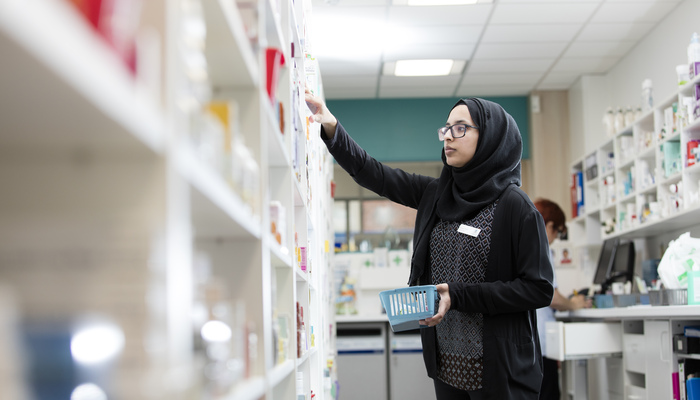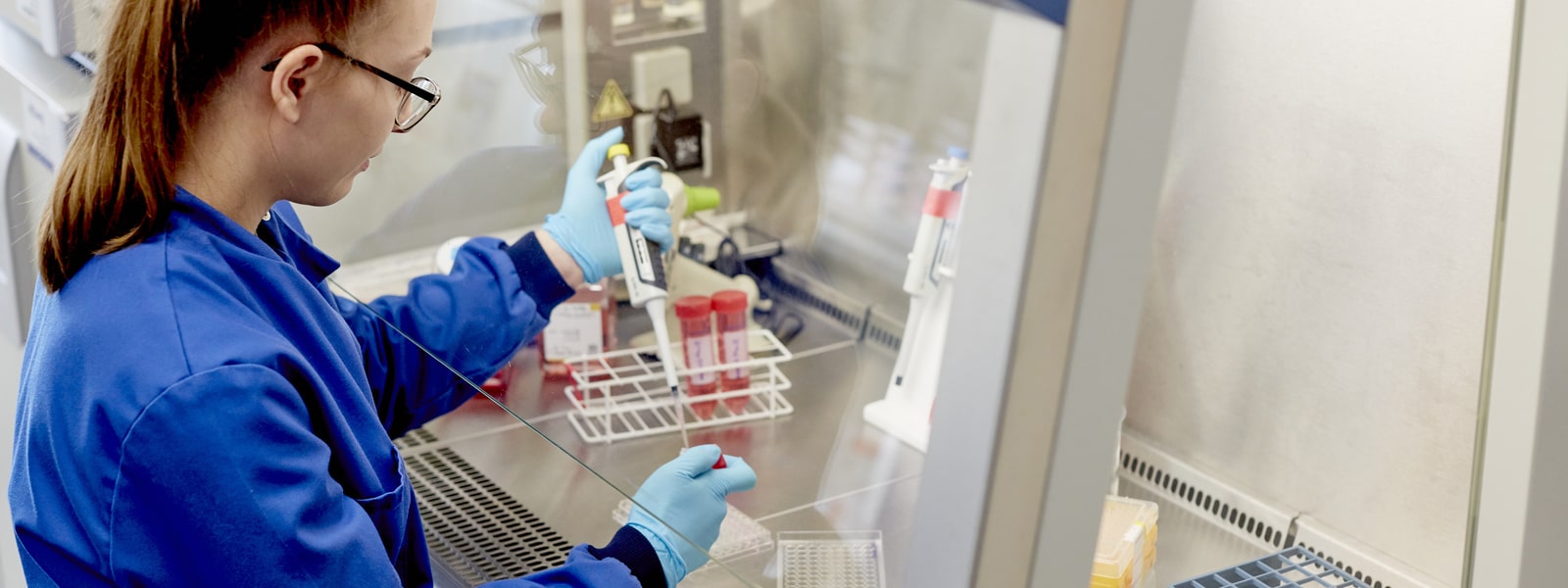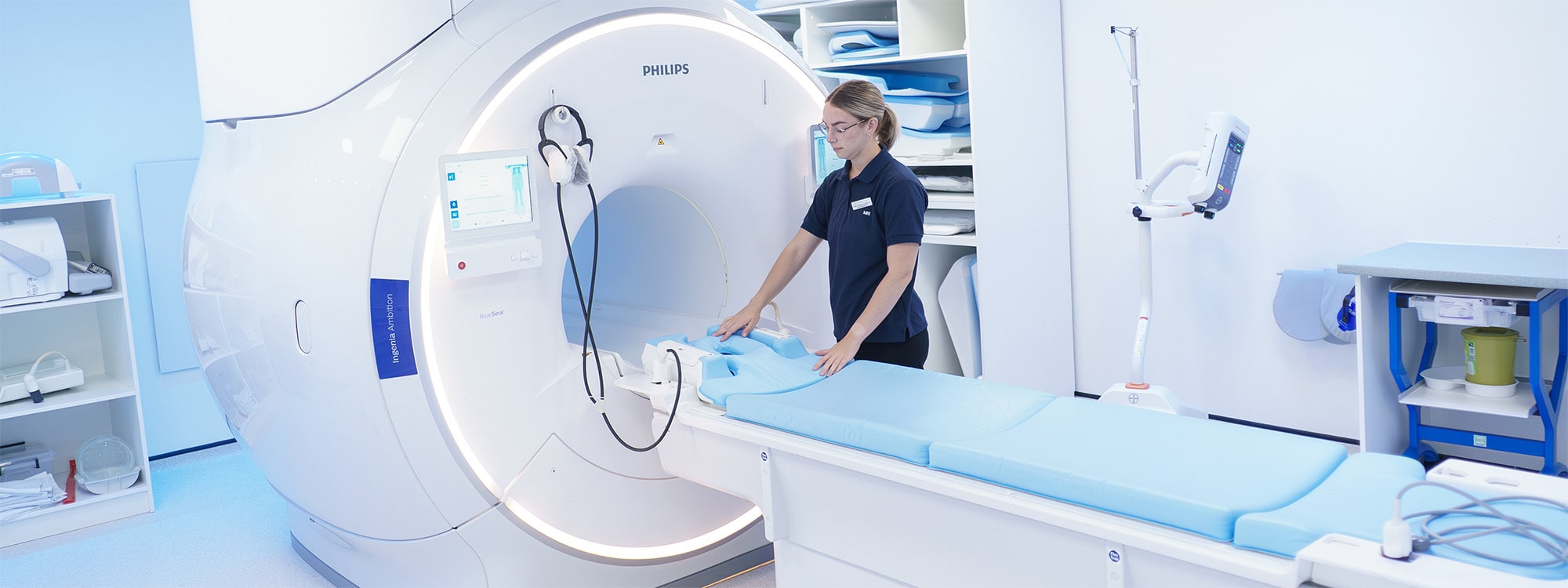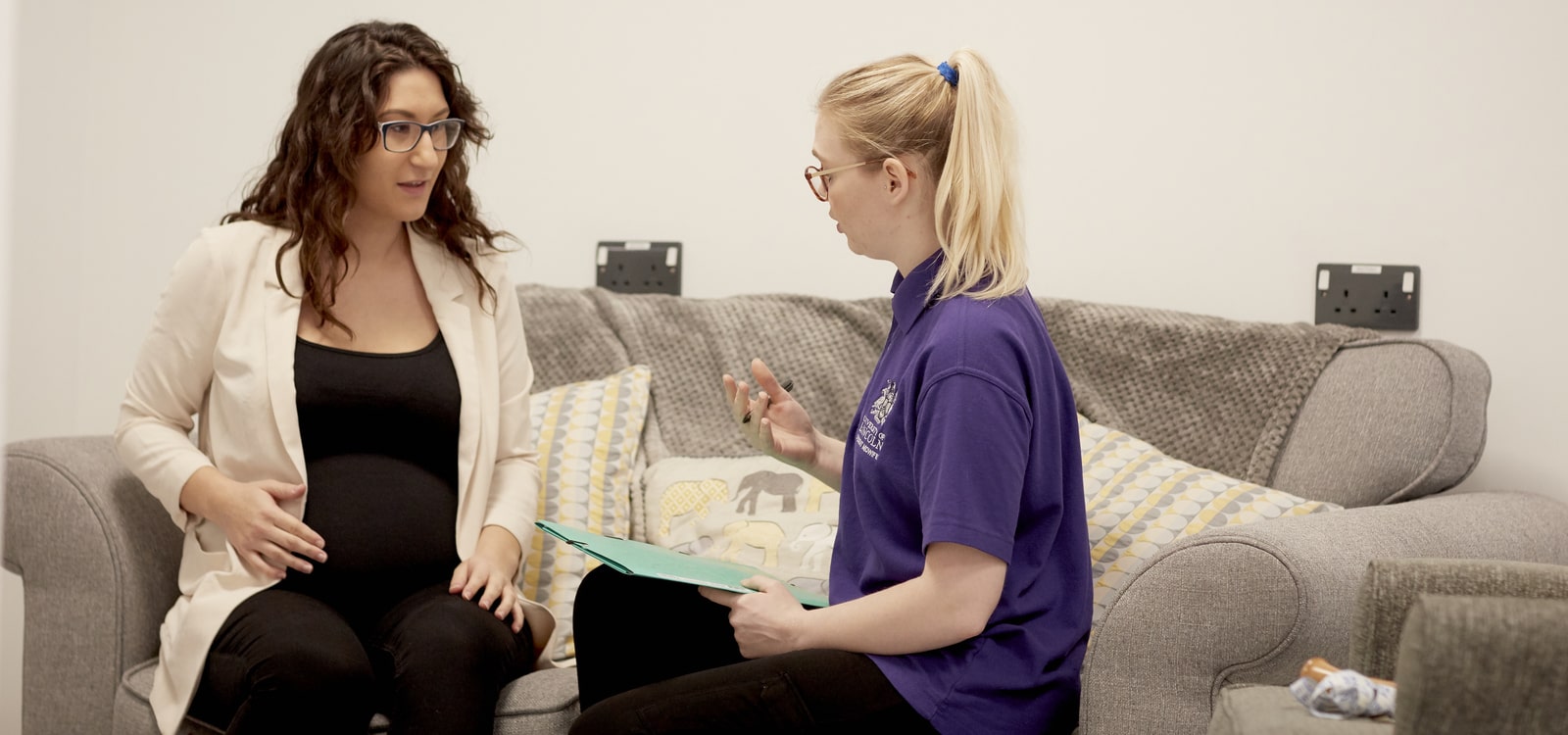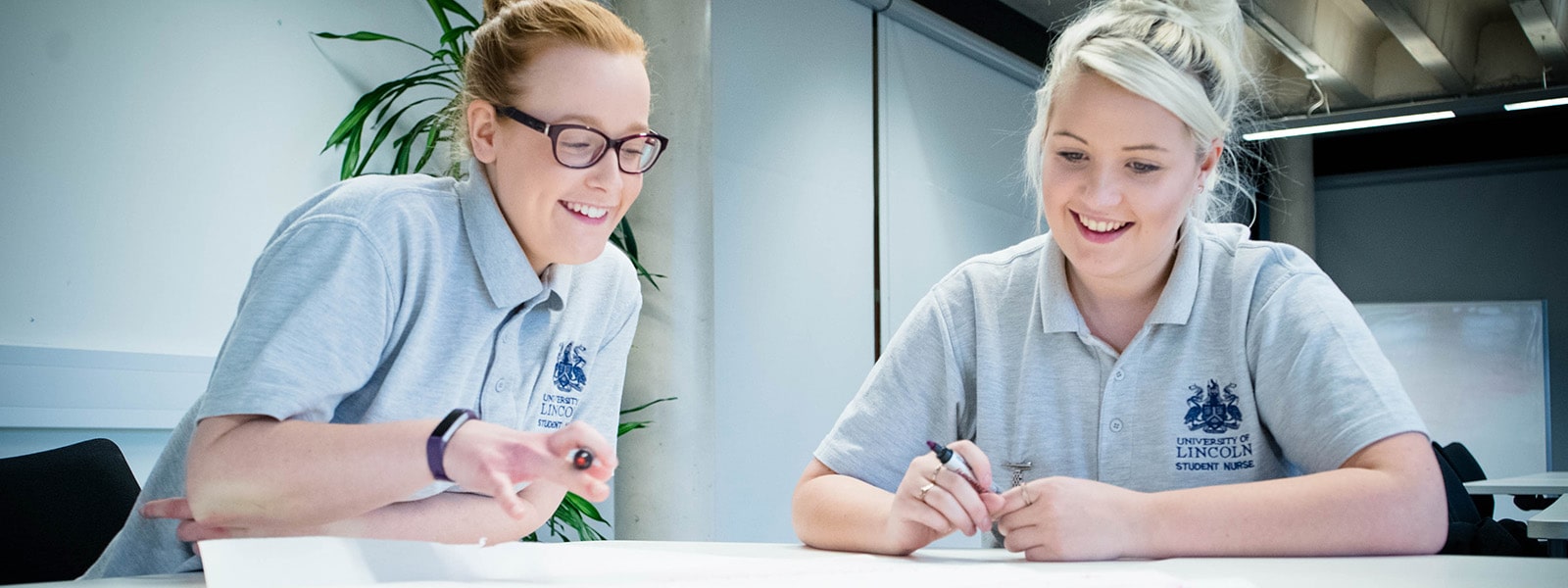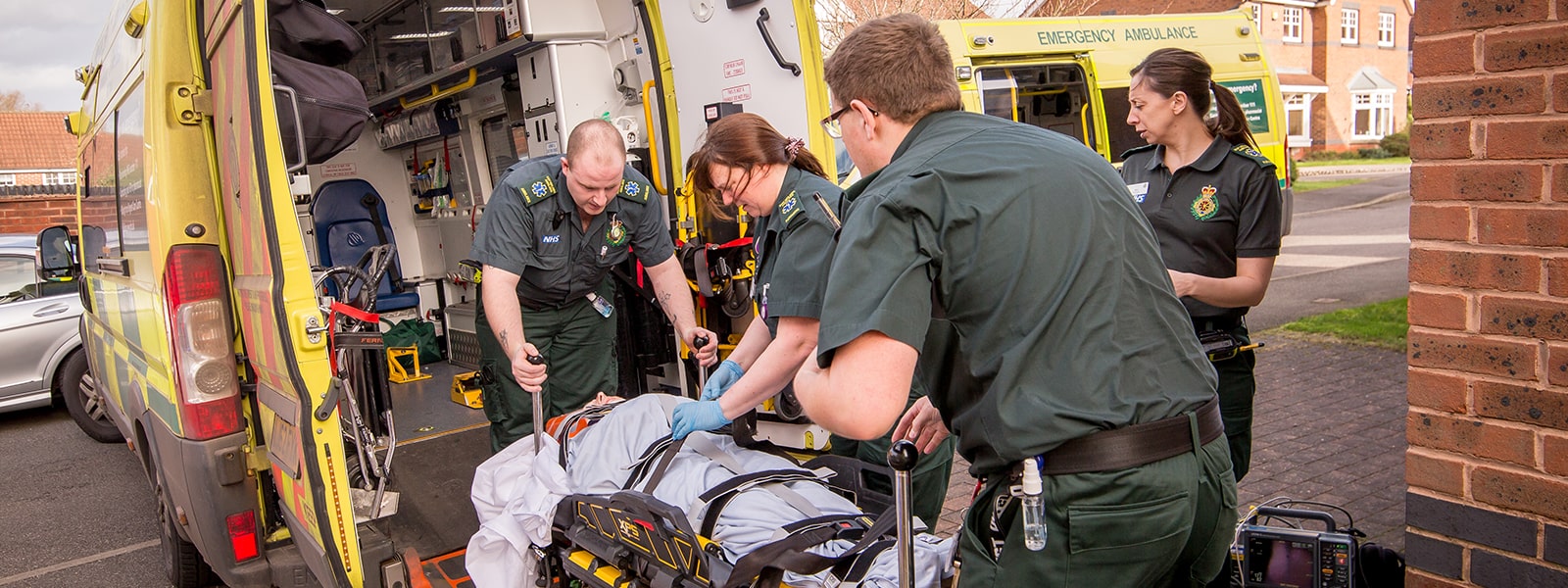Entry Requirements
GCE Advanced Levels: AAA (or AAB contextual offer).
We do not use predicted A level grades and do not score A levels, AS levels, or equivalent as part of our selection process. However, any offers made will be conditional on meeting the A level requirements.
A Level Offer:
AAA, which must include biology (or human biology) and chemistry.
A pass is normally required in science practical tests, where these are assessed separately.
A third A Level at grade A is required in any subject, including home language. We do not accept general studies, critical thinking, global perspectives, and citizenship studies.
Students must study three A levels for two years and meet the entry requirements, however they can take an extra A level a year earlier or later if needed to meet the entry requirements or recommended by their school or college. Please note that we do not usually accept A levels which have taken three years to complete.
We will consider resits for no more than two A levels as long as:
- you have completed your A levels in the last 12 months
- you have already obtained at least ABB with at least one A in biology/human biology or chemistry
- you must achieve AAA after taking your resits
Degree Offer:
If you are applying with an undergraduate (Bachelor's or undergraduate Master's) degree, you may not need to meet the standard A Level requirements. We will review this if you have achieved or are predicted to achieve a first class honours degree at undergraduate level in a relevant subject with enough biology and chemistry content. You will still, however, need to have achieved as least a 4 (C) in GCSE in both Maths and English Language. Any offers made without the A Level requirements are conditional on you achieving a first in your primary degree before starting the course.
For more information on which degrees are relevant, please contact us.
Accelerated degrees resulting in the award of a BSc Hons (completed over two years rather than three) may be accepted in lieu of A Levels where a first class has been achieved. We will review these applications on a case-by-case basis. GCSE Maths and English Language must still be achieved at a minimum of C grade. For information on whether your degree is accepted please contact us.
Contextual Offers:
A levels: AAB with at least one A in either biology or chemistry
IB: 35 (6,6,5 at Higher Level including 6 in either biology or chemistry, excluding core component) with the GCSE requirements (or equivalent).
This type of offer is given to students who meet our contextual admissions or elite athlete criteria.
If you meet the requirements for a contextual applicant and you're successful at interview, your offer will then be lowered to the contextual offer of AAB or 35.
Find out more at https://www.nottingham.ac.uk/ugstudy/applying/contextual-offers.aspx.
GCSEs:
If you are applying with A levels or the IB, you must meet the following GCSE requirements unless otherwise stated.
We require a minimum of 6 GCSEs at Level 7 (A) studied together over a two year period.
These 6 GCSEs at Level 7 must include chemistry and biology - or double science if you have not taken the individual science subjects - and may include maths and English language.
If maths and English language are not included in your 6 GCSEs at Level 7, you will need a minimum grade of Level 6 in both subjects.
For our selection scoring process, we score a maximum of the highest 8 GCSEs. These must include Maths, English Language, Chemistry, and Biology, (or double science if individual science subjects not taken). The remaining GCSEs are scored and allocated points as described in detail at https://www.nottingham.ac.uk/medicine/study-with-us/undergraduate/undergraduate-medicine/undergraduate-selection-process.aspx.
If you are applying with a degree, you must have achieved at least a level 4 (C) in maths and English language.
We do not accept GCSE resits.
We do not accept applied science, short course GCSEs or functional skills for English and maths.
GCSEs taken over multiple years may be accepted for home schooled students as long as they meet the entry requirements.
English Language Requirements:
If English is not your first language, you will need to have proof of your fluency with one of the following:
- IELTS 7.5 (no less than 7.0 in any element)
- Pearson Test of English (Academic) 79 (minimum 76)
- Cambridge Proficiency/Advanced test (from January 2015) 191 with no element below 185
- International Baccalaureate Diploma: If a GCSE hasn't been taken and achieved at grade B(6), we require either IB English (standard level) at grade 6 or IB English (higher level) at grade 5.
If your home country is not the UK, but you have moved to the UK (with indefinite leave to remain) within two years before taking GCSE English Language or equivalent and did not achieve Level 6 then we will accept one of the alternative qualifications.
Work Experience:
Applicants are usually expected to complete regular work experience when applying for medicine. This can be:
- Volunteering in a care related setting
- Volunteering with disadvantaged groups
- Paid employment in a job working with the general public
As part of your application you will usually be required to provide evidence of your work experience. This may include a description of the experience, dates for when it took place, and a reference contact.
Please note, we are not expecting any NHS work experience to have taken place or be ongoing after March 2020 due to the Covid-19 pandemic. Your application for 2024 entry will not be negatively affected if you've been unable to complete any NHS work experience you had planned. We will however be looking for knowledge of the profession and an understanding of the scope of the role and we may ask about this during your interview.
If possible we'd advise that you speak to someone working in the NHS to ensure you are making an informed choice about your career in medicine. Applicants are expected to demonstrate a commitment to caring for people and a realistic idea of what working as a doctor entails.
Any students considering a gap year should use their time constructively either by working or further preparing yourself for a future career in medicine.
UCAT
All applicants must sit the UCAT*, which is separate to applying via UCAT. This must be taken in the same year as the application is made. Bursaries towards the cost of the test are now available. The cost is currently £70 for tests taken in the UK and £115 for those taken outside.
The BioMedical Admissions Test (BMAT) is not accepted for entry.
For more information, please refer to the UCAT website: www.ucat.ac.uk.
There is no fixed UCAT threshold score when selecting for interview. We do not accept applicants who achieve Band 4 on the Situational Judgement Test on the UCAT.
Interviews:
You will be required to have an interview. This usually takes the form of Multiple Mini Interviews (MMI). For 2024 entry, all interviews are likely to be online using Microsoft Teams.
Interviews are offered to candidates based on scores as calculated by our selection process. The percentage threshold varies from year to year based on the number of applicants.
If you meet the entry requirements for the course and have completed the Nottingham Pathways Programme, the Nottingham Potential Summer School, the Nottingham Sutton Trust Summer School, or the Lincoln Medical School Summer School, you will be considered for the interview stage without having to go through the UCAT/GCSE scoring stage of our selection process. However you will still need to sit the UCAT and achieve Band 1 to 3 on the Situational Judgement Test.
The fast track to interview is only applicable to those applying for their first degree.
Find out more at https://www.nottingham.ac.uk/medicine/study-with-us/undergraduate/undergraduate-medicine/undergraduate-selection-process.aspx.
Fitness to Practise:
We must be confident in your conduct, health, and ability to be professional and interact safely with patients. As part of your application you will be required to have an occupational health assessment and a disclosure and barring service (DBS) check. This usually takes place around May or June for Offer Holders.
If we have any serious concerns we will not offer you a place, and reserve the right to revoke offers should serious concerns arise before starting the course.
Find out more at https://www.nottingham.ac.uk/medicine/study-with-us/undergraduate/undergraduate-medicine/fitness-to-study.aspx.
Excluded Students Database:
When offering places to students we check the MSC Excluded Students Database as part of our commitment to professionalism and fitness to practise. We may also ask if you have encountered professionalism issues with other professional bodies such as the Pharmacy Council or the Chartered Society of Physiotherapy. If either we or another medical school have terminated your studies, your details are shared with regulatory bodies and other medical schools through this database.
If you would like more information about entry requirements, or would like to discuss whether the qualifications you are studying are acceptable, please contact our enquiries team at enquiries@lincoln.ac.uk or call +44 (0)1522 886644.



